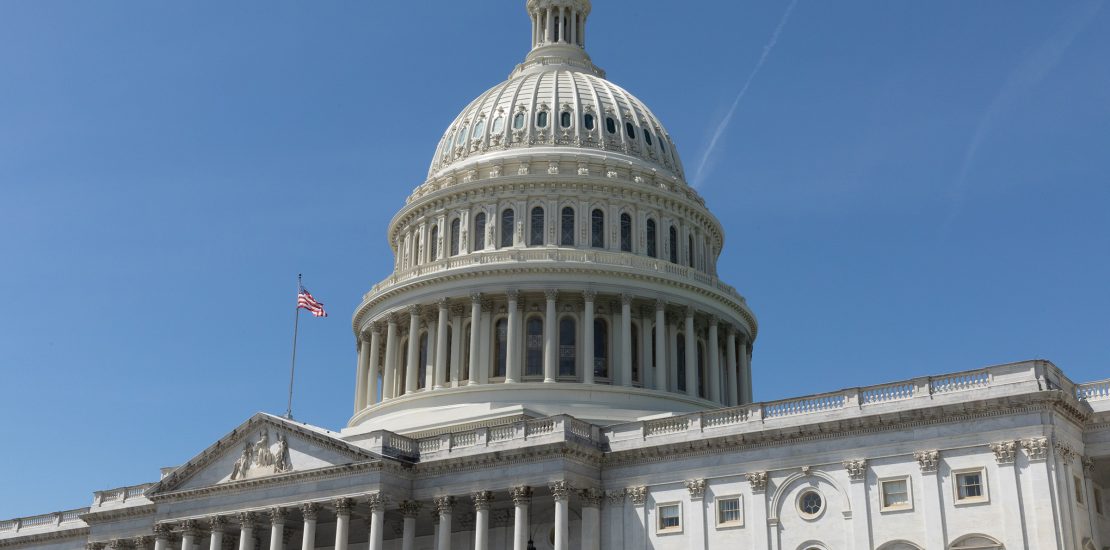- May 19, 2020
- Posted by: BJ Hudson
- Category: Economics
No Comments

- House Democrats unveiled their $3 trillion “Phase 4” coronavirus stimulus package, H.R. 6800, the “Health and Economic Recovery Omnibus Emergency Solutions Act” or the “The Heroes Act.“ The House will consider the measure on Friday, May 15. The bill includes $1 trillion for state, local, territorial and tribal governments, hazard pay for essential workers, $10 billion to cover the cost of increases in the Supplemental Nutrition Assistance Program (SNAP), another round of direct payments that can range from $1,200 to individuals and $6,000 to households. The bill also expands the Payroll Protection Program (PPP), answers calls to prevent the SBA from limiting a portion of the loans that can be spent on non-payroll costs if borrowers want the loans forgiven and increases the time for borrowers to spend the loan funds from 8 weeks to 24 weeks.
- For a one-page summary, please click here.
- For a section-by-section summary, please click here.
- For a one-page summary on the state and local relief provisions, please click here.
- For a summary of small business provisions, please click here.
- For a summary of changes to the PPP program, please click here.
- The House is also expected to hold a vote Friday to allow committees to debate legislation and vote remotely during national emergencies such as the current pandemic, despite the lack of a bipartisan agreement.
- Dr. Anthony Fauci’s testimony before the Senate yesterday was criticized by some Republicans. Rep. Andy Biggs (R-AZ) said, “Dr. Fauci has continually used his bully pulpit to bring public criticism on governors who are seeking to open up their states.” Others dismissed Fauci’s testimony as just one viewpoint. Sen. Rand Paul (R-KY) said “he’s on the overly cautious end of the spectrum.” On the other hand, Sen. Lindsey Graham called Fauci “the gold standard” and said he will “continue to listen to him.” Rep. Liz Cheney (R-WY), tweeted saying, “Dr. Fauci is one of the finest public servants we have ever had. He is not a partisan. His only interest is saving lives. We need his expertise and his judgment to defeat this virus.”
- The Senate approved the nomination of Brian Miller, President Trump’s nominee to be the special inspector general for pandemic recovery. Almost all Democrats opposed Miller and questioned his ability to be an independent investigator given his current role as senior associate counsel to the president. Miller said he would ‘immediately’ inform lawmakers if an agent asked him to withhold information.
- State Government officials are facing challenges navigating reopenings across states where more rural areas may be able to move quicker than densely populated regions that have been harder hit by the coronavirus. Governors from California to Virginia are taking steps to allow for a regionalized approach to balance keeping citizens safe and revitalizing local economies, at times leaving decisions to counties.
- Senate Republicans, with the backing of industry groups, want new liability shields to cover a host of health-care businesses, including hospitals, doctors’ practices, and nursing homes, as a way to encourage them to reopen their doors. AARP is opposing executive orders in 19 states that have granted some kind of lawsuit protection for nursing homes.
In the News:
- Washington D.C. Mayor Muriel Bowser (D) extended the city’s stay-at-home order until June 8. Bowser said, “I should note that based on the data, I can revise this order at any time to reflect a phased reopening if the data suggests we can do that.” Bowser says she’s following local health official’s advice who warned of a second, worse outbreak if reopening is rushed.
- Federal Reserve Chairman Jerome Powell on Wednesday warned of the threat of a prolonged recession resulting from coronavirus and urged Congress and the White House to act further to prevent long-lasting economic damage. Powell also pushed back against the possibility that policymakers at the U.S. central bank will deploy negative interest rates to fight the coronavirus-induced recession. “It’s an unsettled area, I know that there are fans of the policy, but for now, it’s not something we’re considering” Powell said.
- Stocks tumbled Wednesday after the Federal Reserve Chair’s remarks. The Dow Jones Industrial Average dropped more than 530 points, or 2.23 percent, while the S&P 500 dipped 2.19 percent and the Nasdaq Composite fell 2.44 percent.
- New York state officials are investigating about 100 cases of a rare and dangerous inflammatory syndrome that targets children and appears to be connected to COVID-19. So far, three deaths have been linked to the illness.
- Royal Caribbean Cruises has launched a $3.3 billion bond offering, pledging 28 of its ships as collateral and forecast heavy losses for the first quarter in response to the impact on business due to the coronavirus. The company says the crisis has dented its first-quarter net income by about $453 million.
- Tesla’s factory in Fremont, California, is allowed to reopen after an ongoing standoff with local officials. California’s Alameda County officials have agreed to let Tesla reopen the factory on condition that it maintain “minimum business operations” and implement additional safety recommendations, according to a company statement. Prior to the announcement, Tesla CEO Elon Musk had threatened to move his company headquarters out of state.
